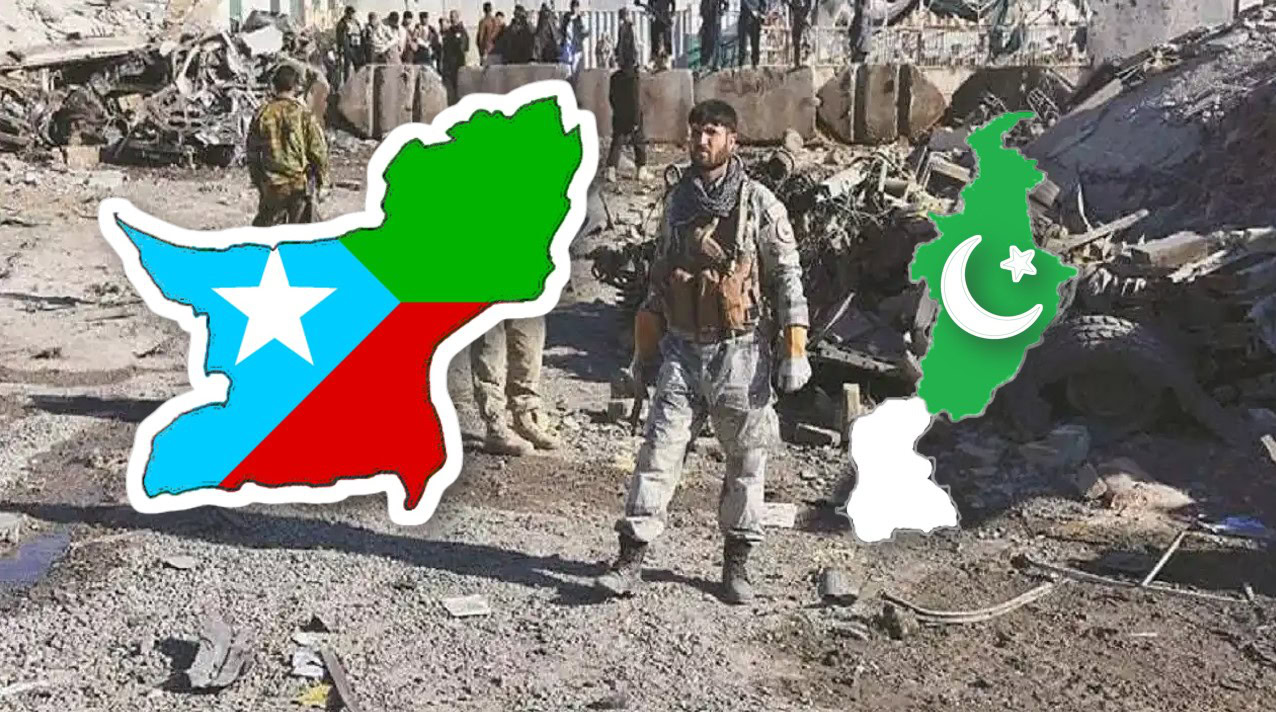Earlier this week, the Balochistan Assembly passed the Counter-Terrorism (Balochistan Amendment) Act 2025, prompting a widespread alarm among human rights groups and Baloch civil society . What makes the law controversial is the fact that it allows Pakistan’s military and intelligence agencies to detain individuals, especially Baloch civilians, for up to 90 days without charge.
The authorities are allowed to detain them solely on suspicion. Shortly after the law was passed in the Balochistan Assembly, legal experts and human rights activists warned that the legislation bypasses judicial safeguards and effectively legalises the atrocities and practices already being committed by the Pakistani security forces in the shadows.
Under the Act, Pakistan’s Joint Investigation Teams (JITs) can now operate with expanded powers. They can issue detention orders and conduct ideological profiling of the suspects. Not only this, but military officials will now be sitting on the oversight panel, eroding civilians’ control over law enforcement.
Why is it concerning?
Apart from this, law enforcement agencies are also granted increased authority to search, arrest and seize property without any form of prior judicial approval. With these provisions, activists are now arguing that the law paves the way for widespread abuse and mass surveillance.
It is pertinent to note that enforced disappearances have been a persistent issue in Balochistan, where families have waited for decades to get any information about their loved ones. The Baloch activists insisted that the new law effectively codifies these practices, placing entire communities under constant fear of state violence.
“This Act transforms Balochistan into a legalised detention zone,” the Baloch Yakjehti Committee (BYC) said in a statement after the legislation passed. The group condemned the legislation, calling it a step towards full militarisation of civilian lives.

